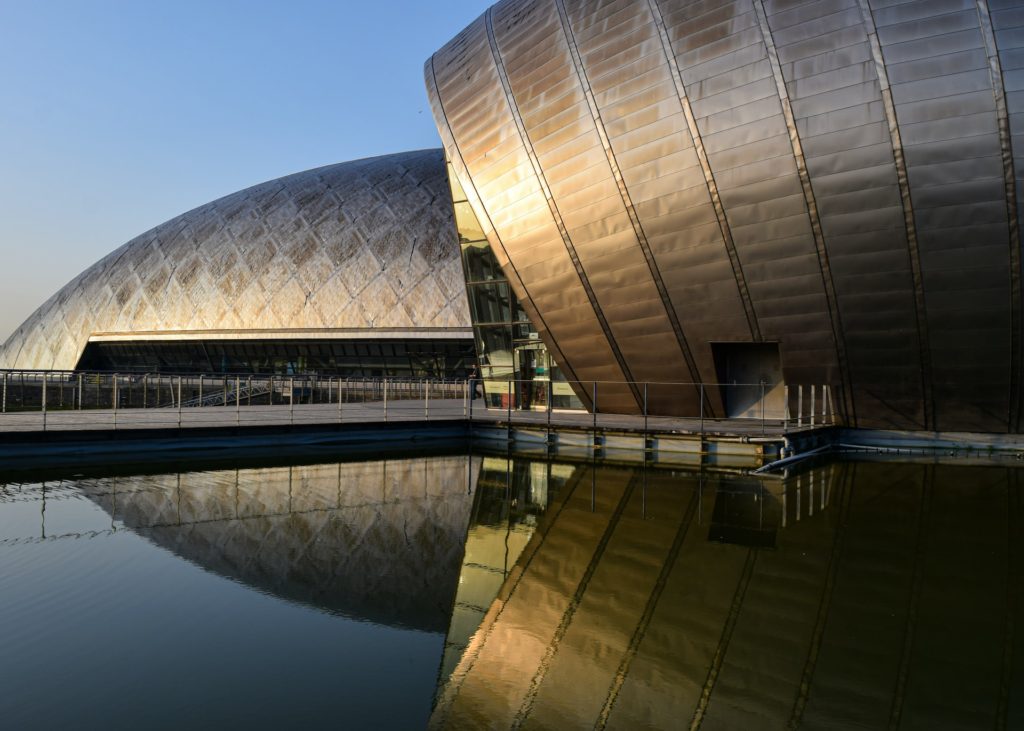Originally due to be held in Glasgow, Scotland in November 2020, the summit is the 26th gathering of world leaders to coordinate action to stop the rise in global temperatures. The event was delayed by a year because of COVID-19 restrictions on public gatherings.
- A UN report says 2021 is a “make or break year” in the fight against climate change.
- The next UN climate summit, COP26, is due to take place in the UK city of Glasgow in November.
- The last summit in 2019 failed to agree tough climate action.
- So what’s the plan for COP26, and how high are the stakes?
In the fight against climate change, the UN says time is fast running out. So COP26, the United Nations climate summit, is an opportunity to agree to global action that’s seriously overdue.
So what is COP26?
COP26 is the latest Conference of the Parties (COP), the group of nations that forged the UN Framework Convention on Climate Change (UNFCCC) in 1992, which commits them to act together to stabilize greenhouse gas concentrations “at a level that would prevent dangerous anthropogenic (human induced) interference with the climate system”.

Since then, the parties have been meeting annually. The last gathering was COP25 in December 2019, in Madrid, which was addressed by Swedish climate activist Greta Thunberg, who told delegates: “Every fraction of a degree matters”.
Despite her well-received speech, the conference failed to achieve its goals and UN Secretary-General António Guterres described COP25 as a lost opportunity.
What is COP26 hoping to achieve?
COP26 is due to take place on 1-12 November, 2021 at the Scottish Event Campus in Glasgow. The summit will be chaired by UK cabinet minister Alok Sharma.
The UK and Italian governments, which are co-hosting COP26, have set four goals for the 2021 event:
1. Agreeing a step change in commitments to emissions reduction
2. Strengthening adaptation to climate change impacts
3. Getting finance flowing for climate action
4. Enhancing international collaboration on energy transition, clean road transport and nature.
Make or break year
“If this task was urgent before, it’s crucial now,” said Patricia Espinosa, head of the UNFCCC, while Guterres described 2021 as a “make or break year” in the fight against climate change.
Major CO2 emitting nations have yet to submit their plans to cut greenhouse gases, according to a report by UNFCCC, which added that even with increased efforts by some countries, the combined impact “falls far short” of what is needed to limit the effects of climate change.
“Today’s interim report … is a red alert for our planet,” said Guterres. “It shows governments are nowhere close to the level of ambition needed to limit climate change to 1.5 degrees and meet the goals of the Paris Agreement.”
He called on major emitters to “step up with much more ambitious emissions reductions” targets for 2030.
A way forward
Even in the pandemic, global leaders still rate extreme weather events caused by climate change and human environmental damage as among the top 10 clear and present dangers to the world, according to the World Economic Forum’s Global Risks Report 2021.
People around the globe appear to agree. Half of the world’s population was recently surveyed for the People’s Climate Vote, organized by the UN Development Programme and the University of Oxford, with conservation of forests proving the most popular policy for tackling climate change.
Douglas Broom Senior Writer, Formative Content


